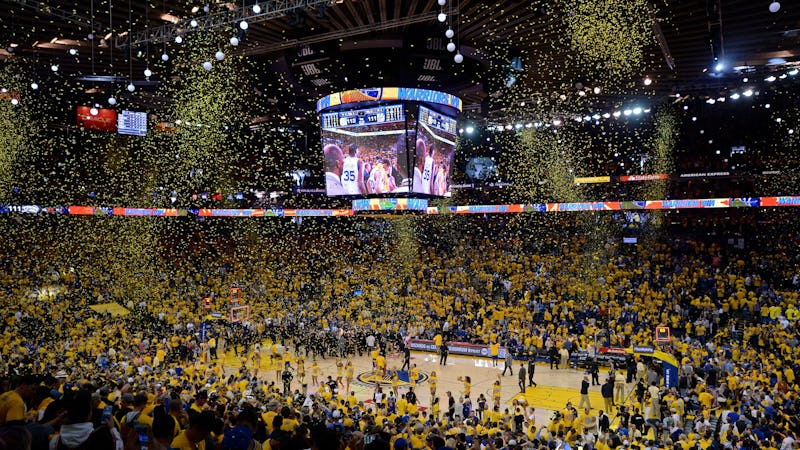The Pivotal Role of Personal Branding for Athletes in Effective Marketing

Athlete branding and marketing are critical stepping stones toward the construction of a prosperous career and robust personal brand, particularly for emerging athletes. It's no longer just about the competition in the arena but also the battle for attention and endorsement deals off the field.
Think of sporting legends like Michael Jordan, whose Air Jordan sneakers, produced in collaboration with Nike, still dominate the sneaker market. Beyond his illustrious basketball career, the enduring success of Jordan’s brand showcases the power of astute personal branding. Just like Jordan, fledgling athletes should understand that a robust personal brand is a key component to a lasting and successful career.

A personal brand is not just about image; it’s a strategic tool that opens up opportunities within your targeted market. It influences how you're perceived by fans, sponsors, and sports professionals, shaping their interactions with you and their memory of you as an athlete. However, athlete branding is no walk in the park; it involves a complex tapestry of elements, from tangible factors like your logo and design to intangible factors such as your persona and brand promise.
Unveiling the Dynamics of Athlete Marketing
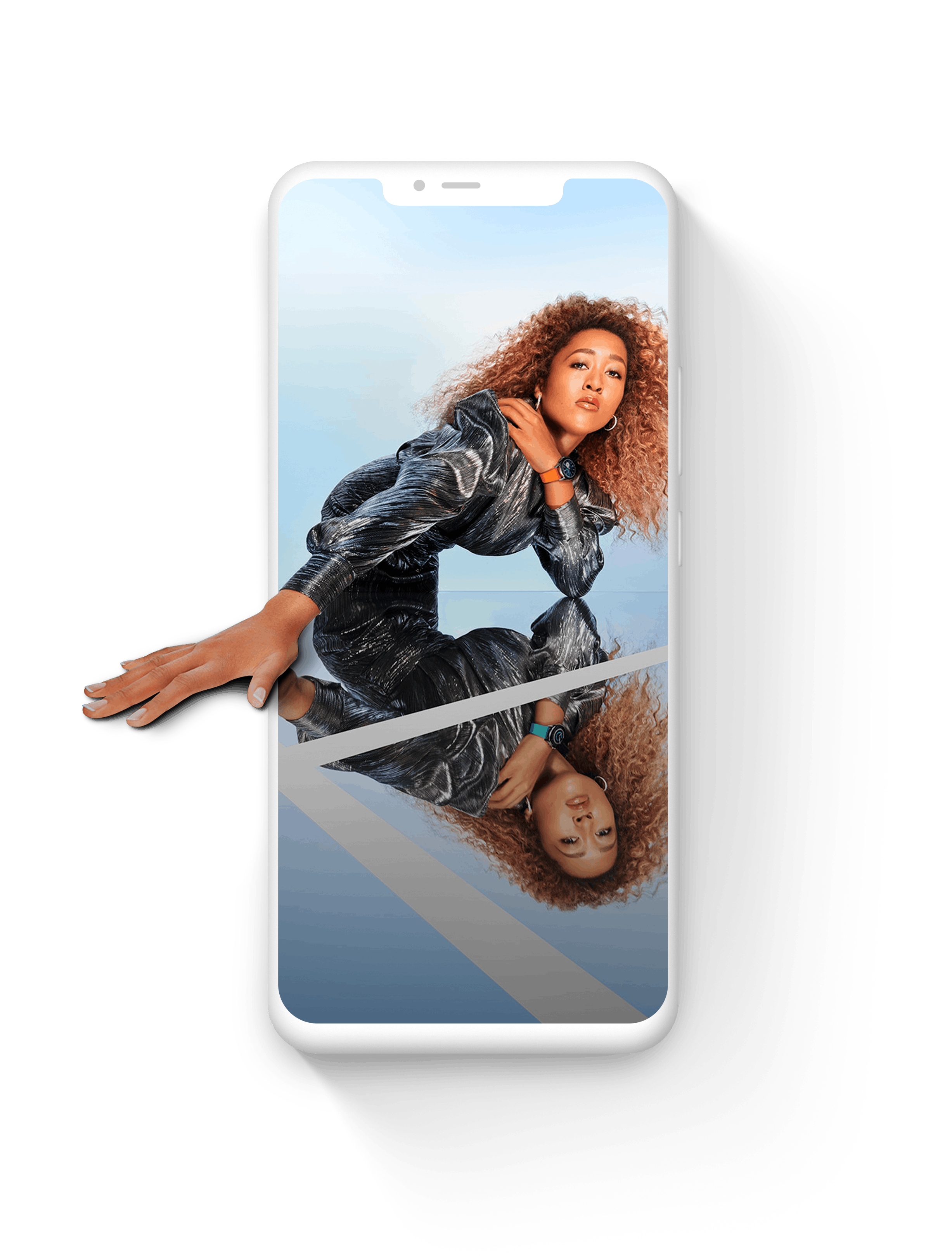
Athlete marketing, an integral segment of athlete branding, revolves around the promotion of athletes, sports events, and teams. The objective is to furnish athletes with strategies to promote their sporting ventures and establish a brand that complements their careers. The crux is to connect emotionally with your audience, create a positive image, and foster growth for your personal brand.
With the digital age in full swing, fans now express their loyalty to their favorite sports, athletes, and teams through social media platforms. From Instagram to Twitter, social media platforms have become significant playing fields for athlete branding, with the potential for fan support and attention to propel personal brands to new heights.
Learn more about How to Create Engaging Instagram Videos: Tips & Tricks for Marketers
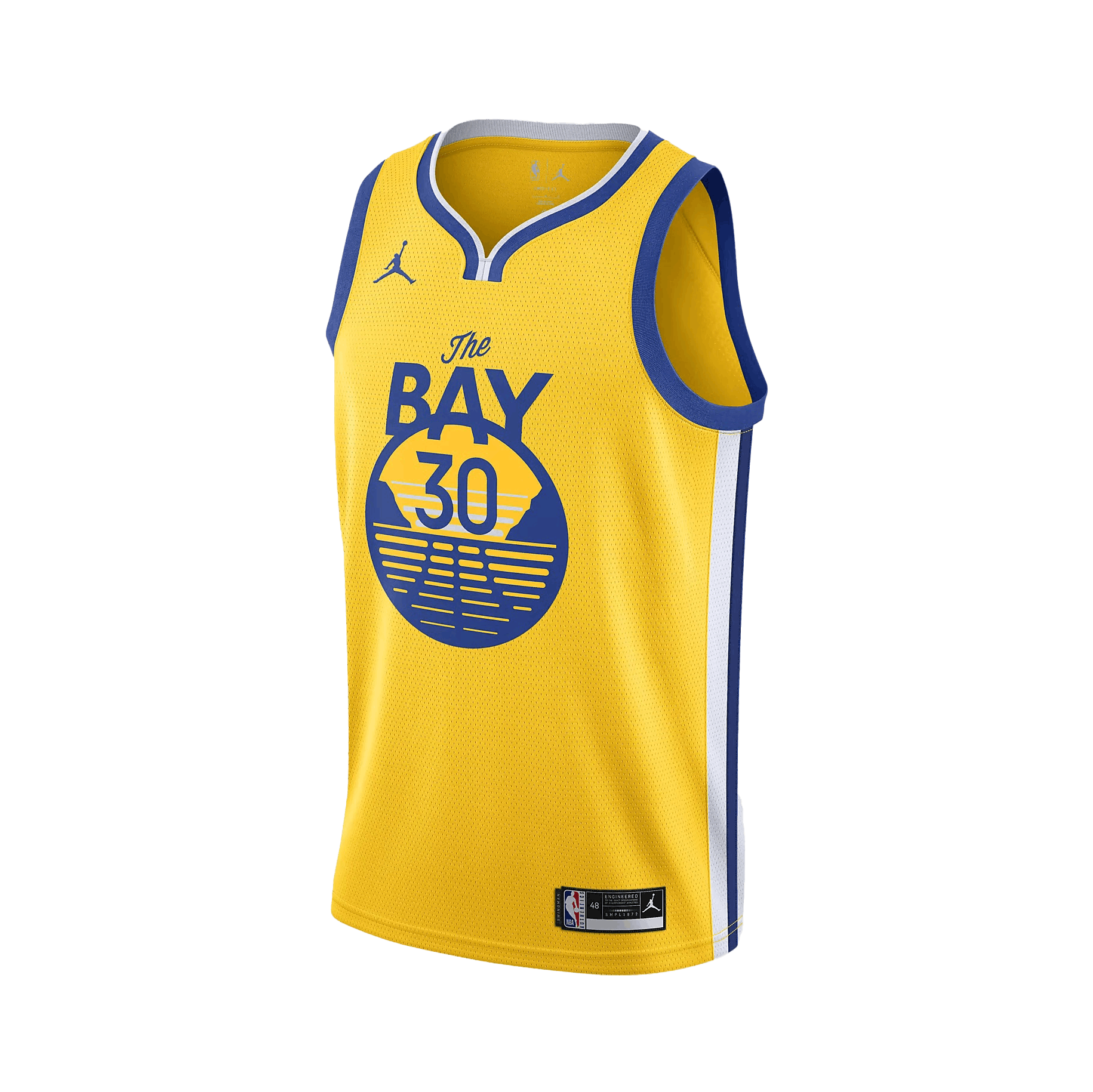
With podcasts, sports blog articles, and YouTube videos, athletes can now interact and engage more directly with their fans, strengthening their personal brand in the process. It is essential to understand, though, that while a solid performance on the field is crucial, without strong athlete branding, the subsequent marketing strategies could end up being less effective or even counterproductive. Hence, the importance of athlete branding in the marketing equation cannot be overstated.
The more fan support an athlete garners, the more valuable their brand becomes to sports teams, sponsors, and sports businesses. Brands like Adidas and Nike are known for offering lucrative contracts to athletes with substantial followings. Thus, cultivating a positive image and maintaining a strong focus on athlete branding can significantly influence an athlete's career trajectory.
The Global Influence of Athlete-Owned Brands
In the same vein as Michael Jordan, prominent sports figures like Serena Williams and Cristiano Ronaldo have established strong personal brands, launching product lines under their names. Branding isn't just vital to the sports industry; it's crucial in every industry worldwide. This is because the positive perception and increased brand awareness that results from effective branding can have a profound impact on your career trajectory.
A sound branding strategy can help establish credibility with your audience, promote positive interactions with fans, attract potential sponsors, and open doors to career opportunities beyond your athletic career. It's also important to note that athlete branding and advertising are mutually reinforcing. A brand is only as strong as the advertising that promotes it, and similarly, the success of advertising is heavily dependent on the brand's strength.
Changes in Sports Marketing Landscape Over the Recent Years
Gone are the days when a marketing expert's job was complete as soon as an ad made it to the TV or billboard. Today's marketing landscape is real-time, dynamic, and continually monitored. Successful branding strategies involve close analysis of customer data to evaluate a sports brand's relationship with its fans or customers.
In today's digital age, marketing and personal branding demand constant engagement and evolution. Traditional forms of advertisements have given way to a more dynamic interaction with fans, where data insights, communication strategies, and innovative partnerships play critical roles. Modern marketing involves keeping track of every online interaction, using these data points to refine strategies and drive progress.
In this era of digital transformation, marketing tools can measure a website visitor's engagement time, facilitating A/B testing and more. This level of data analytics can optimize ROI for every campaign and showcase the value an organization brings.
Evolution of Sports Sponsorship Opportunities
The availability of diverse media platforms has allowed for precise targeting of specific demographics through social networks like Facebook and Instagram. This has revolutionized sponsorship deals, making them more efficient and highly effective. An athlete with a compelling online presence can secure year-long campaigns with brands, cementing their reputation and growing their following.
Utilizing a Sports Website for Brand Promotion

Once an athlete's brand is established, the next step is effective communication of that brand to the world. A website plays a pivotal role in achieving this. It not only helps you interact with your fans but also makes you a more attractive prospect for sponsors. In today's tech-driven world, not having a website can be a significant disadvantage.
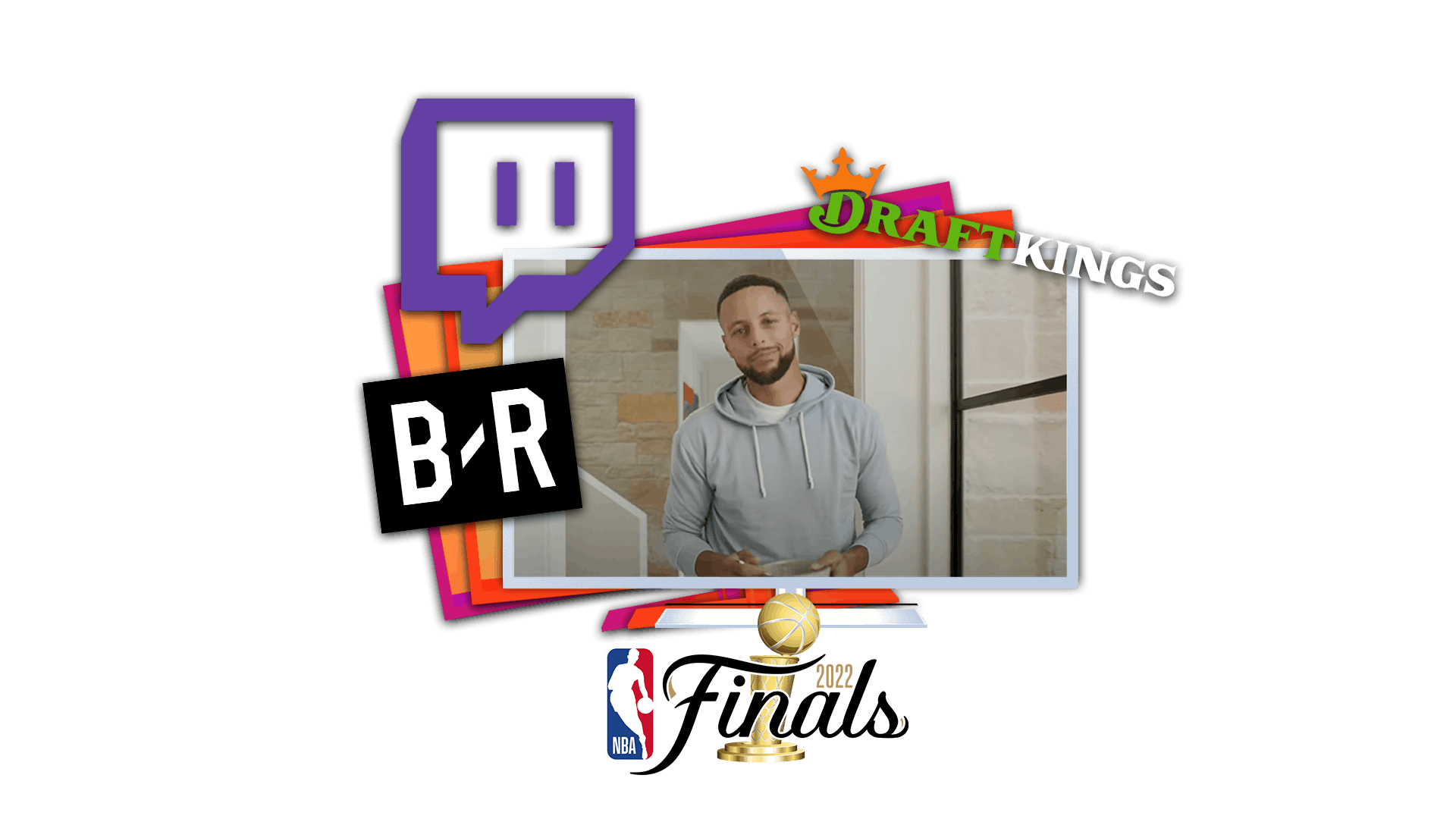
Marketing your athlete brand requires a multi-faceted approach, including social media engagement, SEO, community involvement, and blogging. These tasks can be time-consuming, making collaboration with a marketing agency a practical decision. They can provide insights into the complex fan ecosystem and suggest effective strategies for your brand.
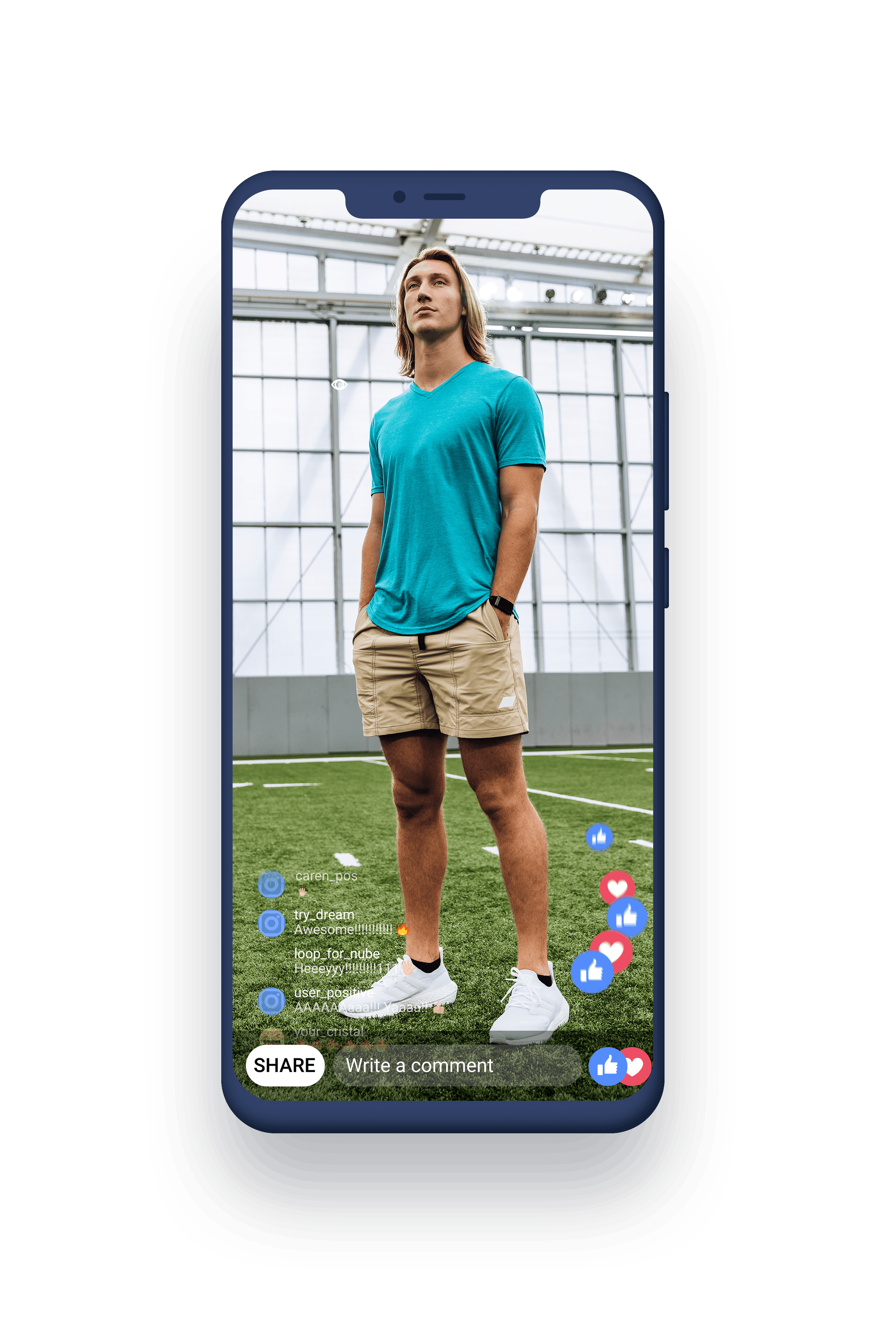
The Essential Role of Social Media
Social media platforms serve as a direct connection between a brand and its followers, and they offer invaluable insights into audience preferences. However, in this saturated digital space, simply posting content regularly won't guarantee visibility or engagement. Brands need to pursue an innovative and organic strategy to create a narrative that resonates with their fans.
Reaching Your Goals Through an Agency Partnership
While athlete branding may seem complicated, remember that you don't have to be a branding expert. Sports marketing agencies exist for this very reason. They can help you craft a memorable personal brand and develop a strategy for increasing its recognition.
Whether your goal is to secure partnerships with brands like Nike or to forge a strong personal narrative, working with knowledgeable industry professionals can greatly enhance your prospects. Even if you are familiar with some aspects of branding, like social media, remember to view these as components of your overall branding strategy and not the be-all and end-all of it.
A marketing agency can assist you with various tasks, from creating packaging for your products to regularly posting blogs on your website. By focusing on the right strategies, your goals can certainly be within your reach.
The intersection of athletes and brands marketing has gained much traction in recent years, with the rise of influencer marketing and athletes' increasing awareness of the value of a solid personal brand. The sports marketing industry is a bustling ecosystem, replete with opportunities for both college and professional athletes alike.
Marketing Strategy: Focus on Personal Branding
For many athletes, especially those in college, understanding the importance of a robust personal brand is crucial. Student athletes, in particular, should strive to develop their personal brands early on to set themselves apart from their peers, even if they are playing the same sport.
This can be achieved by sharing their unique brand story, displaying their talents, and making consistent efforts to connect with their target audience. Brands want to work with athletes who resonate with their target audiences, and a well-crafted brand narrative can help athletes forge these connections.
Role of Sports a Sports Marketing Agency
A competent sports marketing agency can be a valuable ally in this endeavor. Such agencies can guide athletes through the process of identifying their unique selling points and communicating them effectively to their target audiences. With a deep understanding of both traditional media and digital marketing techniques, these agencies can help athletes carve out a niche for themselves within the competitive world of professional sports.
A Win-Win Situation for Athletes and Brands
The symbiosis between athletes and brands marketing is evident in the successful campaigns led by some of the most successful athletes in the world. For instance, consider Michael Jordan's longstanding partnership with Nike, Cristiano Ronaldo's association with Nike, or Serena Williams' collaborations with various fashion and sports brands. These collaborations not only help the brands reach their target audience but also enable athletes to bolster their personal brands and earn substantial income.
The Rise of Athlete-Owned Brands
In addition to partnering with established brands, many athletes are also exploring opportunities to create their own brand. This trend is particularly notable among successful athletes who have already built a substantial following.
Creating an own brand allows athletes to have more control over their image and brand story, and it can also provide additional revenue streams. With the right marketing strategy, an athlete-owned brand can achieve significant success, as evidenced by the popular athlete-owned brands like Michael Jordan's Jordan Brand, LeBron James' Uninterrupted, and Serena Williams' S by Serena.
The Power of Influencer Marketing
Influencer marketing has been one of the most transformative developments in sports marketing in recent years. Athletes, given their large followings on social media platforms, are influencers in their own right. They have the power to reach and engage with their fans directly, making them attractive partners for brands looking to tap into these built-in audiences.
The Road Ahead for Athletes
In conclusion, the sports marketing industry offers numerous opportunities for athletes to enhance their sports career and build their brand. Whether they are college athletes just starting out or professional athletes with years of experience, the key to success lies in developing a solid personal brand and employing an effective marketing strategy.
With the right approach, athletes can navigate the complexities of brand marketing, create meaningful connections with their target audiences, and ultimately achieve a level of success on par with the world's most successful athletes. The journey may be challenging, but the rewards are well worth the effort.
Reaching the Sports Fan
When marketing an athlete's personal brand to a sports fan audience, it's important to consider the following strategies:
- Define the brand: Start by understanding the athlete's unique personality, values, and story. What sets them apart from others? What do they stand for? This will help in crafting a compelling brand identity that resonates with fans.
- Identify the target audience: Define the specific demographics and psychographics of the sports fan audience you want to reach. Understand their preferences, interests, and behaviors to tailor the marketing efforts effectively.
- Engage on social media: Leverage social media platforms where sports fans are most active, such as Instagram, Twitter, and Facebook. Regularly share engaging content, behind-the-scenes glimpses, and personal updates to build a connection with fans and create a loyal following.
- Authentic storytelling: Share the athlete's journey, achievements, and challenges through compelling storytelling. Highlight their human side and showcase their dedication, perseverance, and personal growth. Fans love to connect with athletes on an emotional level.
- Collaborate with influencers: Identify popular sports influencers or other athletes who have a significant following and share a similar target audience. Collaborating with them through joint campaigns, content collaborations, or endorsements can help expand the reach of the athlete's personal brand.
- Sponsorship and endorsements: Seek endorsement opportunities with relevant brands that align with the athlete's values and target audience. Collaborating with reputable brands can not only provide financial support but also enhance the athlete's credibility and visibility.
- Engage with fans: Actively engage with fans by responding to comments, hosting Q&A sessions, or even organizing fan events or meet-ups when feasible. Building a strong relationship with fans creates a sense of community and loyalty around the athlete's brand.
- Content creation: Produce high-quality content such as videos, podcasts, and blog posts that offer valuable insights, training tips, or exclusive access to the athlete's life. This helps establish the athlete as an authority figure and keeps fans engaged.
- Create merchandise: Develop merchandise that reflects the athlete's brand and resonates with fans. This can include apparel, accessories, or even digital products like exclusive content or online courses.
- Philanthropy and community involvement: Engage in philanthropic activities and community initiatives that align with the athlete's values. Fans appreciate athletes who give back, and this can also generate positive media coverage and enhance the personal brand's reputation.
Elevate your brand with insightful brand perception surveys crafted through strategic timing and diversified questioning covering cognitive, emotional, language, and action aspects. Harness powerful tools like Qualtrics and Typeform to delve deep into customer perspectives, informing marketing strategies that resonate strongly with your target audience. Learn from successful case studies and adapt strategies that foster positive brand perception and loyalty. It's more than a survey; it's the roadmap to a triumphant brand future. Begin your journey towards shaping a formidable brand presence with our comprehensive guide today.
Learn about Crafting an Effective Brand Perception Survey
Getting Started with a Marketing Agency
Whether you're part of a professional team or an individual athlete, your personal brand should be your primary focus. It will form the core foundation of all your marketing strategies, shaping your narrative and guiding your strategies back on track when they seem to be heading off course.
In summary, athlete branding and marketing are intertwined and critical for a successful sports career. Regardless of your current standing in the sports industry, focusing on these aspects will undoubtedly improve your career prospects and potentially open up new opportunities for future success.
